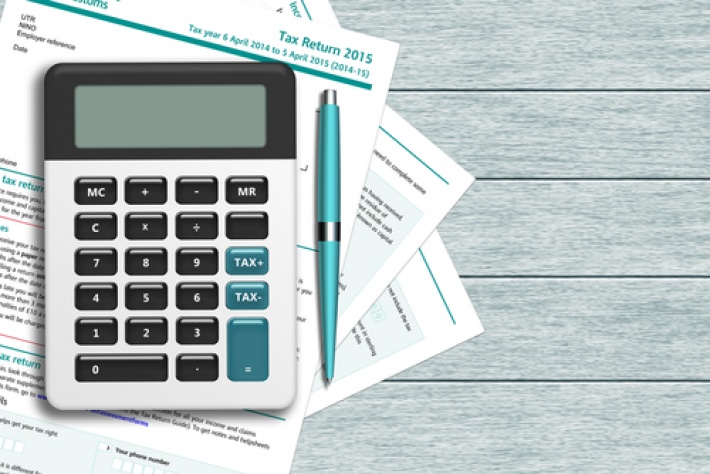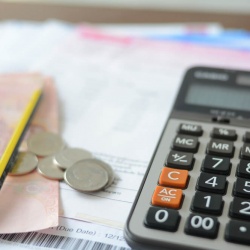When should my business register for VAT?

If the value of your taxable supplies exceeds the VAT threshold (currently standing at £83,000 in 2016/17) at the end of any month during a rolling 12-month period, or you believe that the threshold will be exceeded during the following 30 days, you should register for VAT.
This means that you need to know your turnover figures throughout the year, as a fixed calendar or financial year is not used in relation to VAT registration.
Voluntary registration
Some businesses register voluntarily even when their turnover is below this figure, if they make most of their sales to other businesses that are VAT-registered. This allows them to reclaim the VAT on their own business expenses where applicable.
Others choose to register voluntarily to convey a specific image - for example, to portray themselves as a larger company than they really are.
It’s a big decision to register for VAT if you don’t need to, however, and one that has implications for your future cash flow. Obtaining professional advice is essential before taking this step so you understand how much it could affect the business on a day-to-day basis.
How to register
In order to register, you need to complete an online application form. This will open an online ‘account’ via which you submit your VAT Returns along with the relevant payment.
To calculate whether or not you need to register, total all of your UK sales apart from those exempt from VAT, or goods/services provided outside of the UK. Items that are zero-rated for VAT should be included in your calculations.
From the time of registration you need to add the current rate of VAT to the price of goods, and account for it separately in your books. You can reclaim the VAT you pay on business purchases, and every three months either reclaim or repay the difference between the amount you have collected in and the amount you have been charged.
What happens if you don’t register with HMRC?
HMRC impose fines for late or non-registration, depending on the time delay and how much tax is owed. It’s important, therefore, to keep an eye on your turnover levels and register within 30 days of exceeding the threshold.
Fines and penalties may also be imposed if you don’t inform HMRC of any changes to your business, including the name and address, or the agent who deals with VAT on your behalf.
What is de-registration and when is it applicable?
De-registration could be an option if your turnover exceeded the VAT threshold temporarily, and you don’t expect it to happen again within the next 12 months. Unless you have registered voluntarily HMRC are under no obligation to cancel your registration, however, and without clear evidence to support your case, they are unlikely to agree to de-registration.


